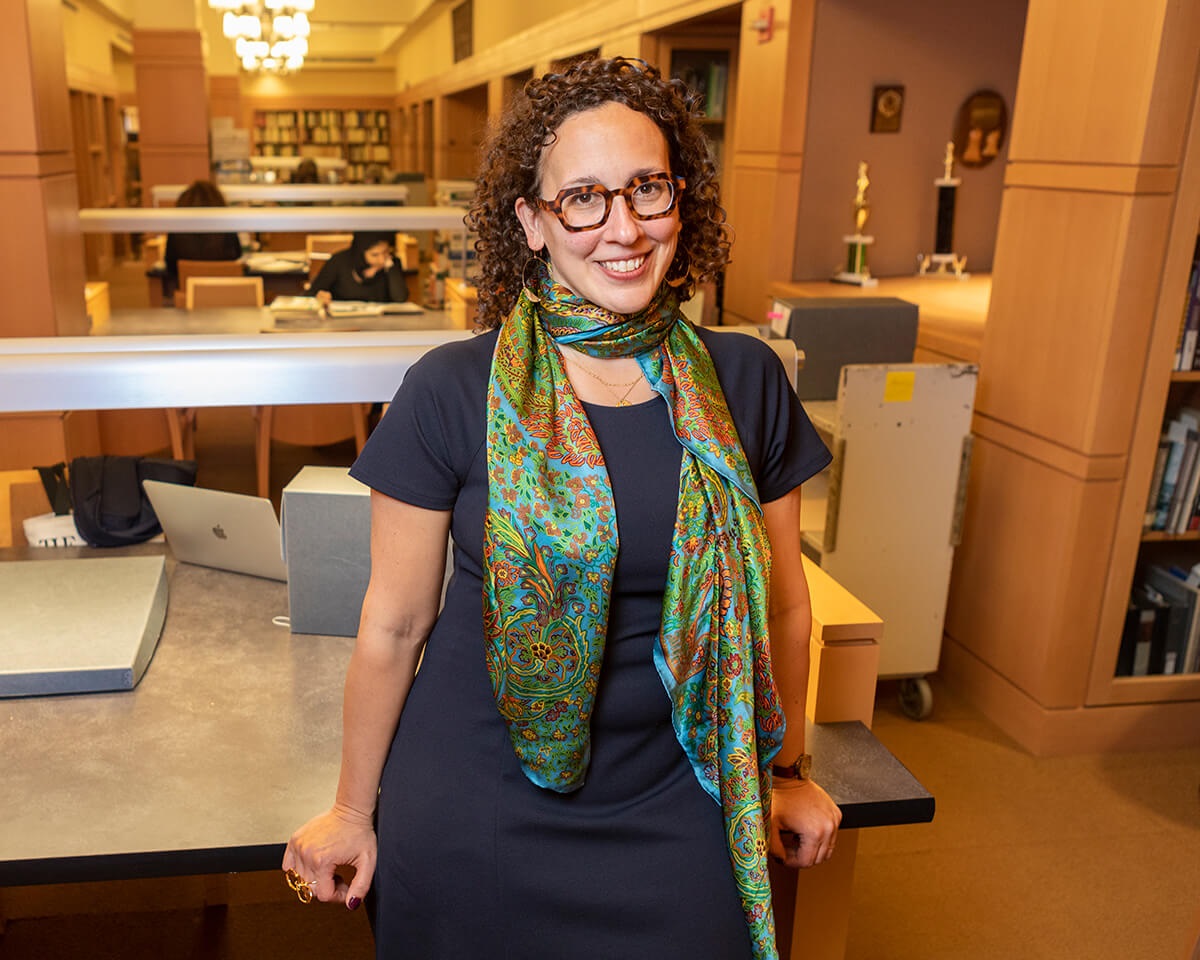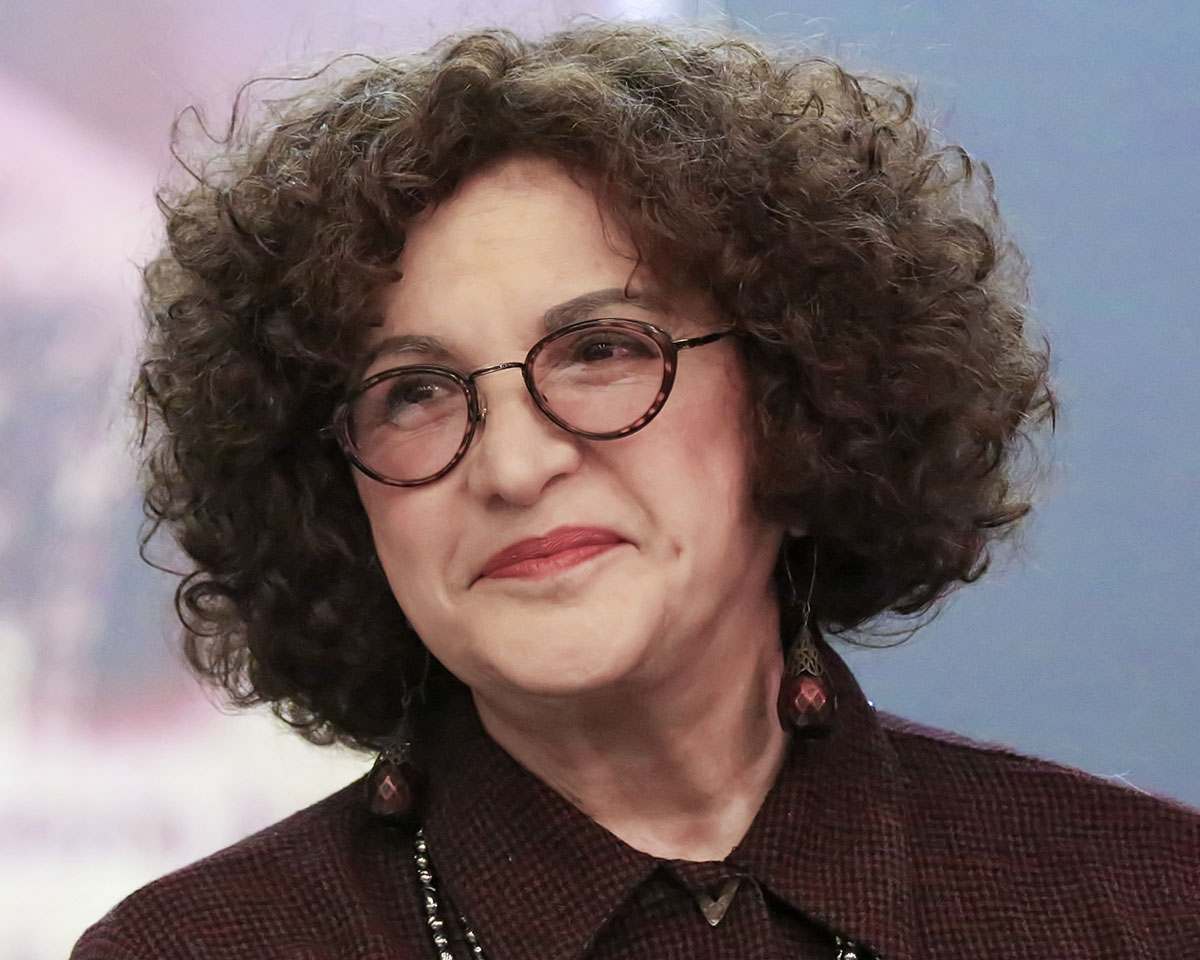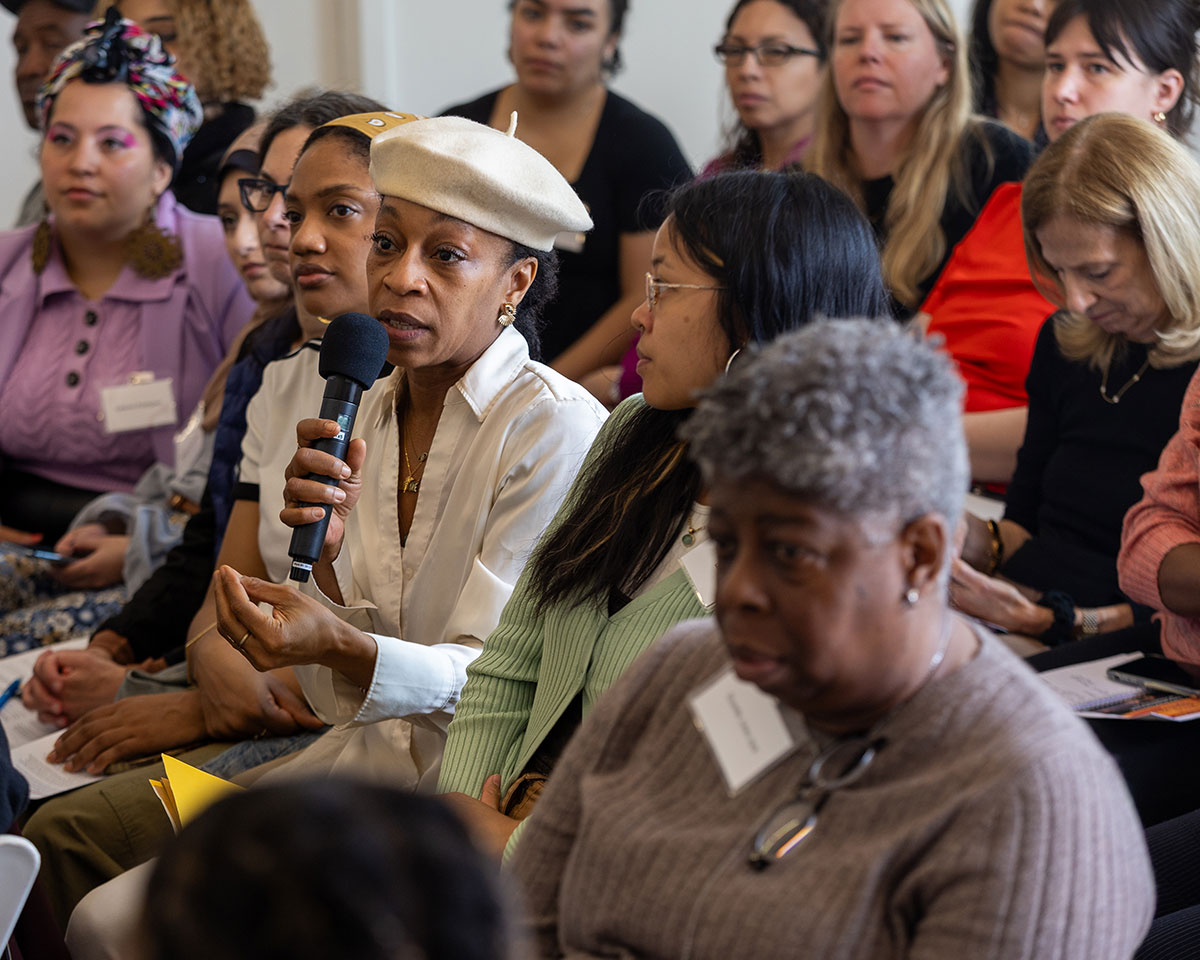Since its inception in 1930, Brooklyn College has been known for its excellence in teaching the humanities. From history, literature, and classics; to art, culture, and religion; and to the lessons of the ancient world, these subjects have been the cornerstone of Brooklyn College courses and academic curricula.
They were also taught by brilliant faculty, many of whom were women who faced more discrimination in higher education than they do today.
To celebrate and teach about the trailblazing women who taught about the world before 1500 C.E. from 1930-1980 C.E., Associate Professor of History Lauren Mancia and Assistant Dean for Academic Programs and Director of the Latin/Greek Institute Lucas G. Rubin, as well as history and classics students from Brooklyn College, have created an incredible exhibit that will serve as a fascinating walk back in time.
“Magisterial Feminae: How Women Who Studied the Ancient World Innovated Brooklyn College, the Latin/Greek Institute, and Beyond,” will launch on May 2 in the Brooklyn College Library and run through December 31, 2023. Tours of the exhibit will be given during the college’s School of Humanities and Social Sciences Expo on April 24 and Faculty Day on May 17 for students, staff, and faculty.
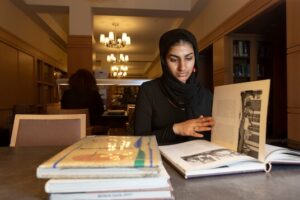
Fatima Arif, who will graduate this fall with a B.A. in history with an art history and studio art minor, worked as a research assistant on the exhibition, studying archival documents that highlighted the stories and the many struggles of the female premodernist faculty from the School of Humanities and Social Sciences who are being celebrated.
The exhibition draws from the rich resources of the Brooklyn College Archives and Special Collections. The project also received support from the staff of the college archives, including Marianne LaBatto and Colleen Bradley-Sanders, and from the Ethyle R. Wolfe Institute for the Humanities and the Kurz Undergraduate Research Assistantship Program run by Associate Professor of Political Science Anna O. Law.
The materials will celebrate these women’s extraordinary contributions to the classroom and their discoveries and transformative insights into the study of premodernity. It also situates their achievements in the context of a mid-20-century academic landscape that was always challenging, if not sometimes downright hostile, to women. The exhibit details their hardships and the battle many of these premodernists waged against sexism at CUNY in the 1970s, of which the founding of the Women’s Center and the Women’s Studies Program are a consequence.
There are several major threads to this exhibition that tells the story of the academic achievements of premodernist women faculty, including Alice Kober, Vera Lachmann, and Marion Starling, and it will demonstrate how their specific training equipped them with an array of skills that were transformative, in and out of the classrooms of Brooklyn College.
Other major Brooklyn College institutions will also be highlighted, including the legacy of the Latin/Greek Institute (LGI). Founded in 1973 and celebrating its 50th anniversary, the LGI’s establishment was a key feature of Ethyle Wolfe’s vision of a Brooklyn College shaped, informed, and strengthened by the humanities. Since 1973, the LGI has graduated almost 3,000 students.
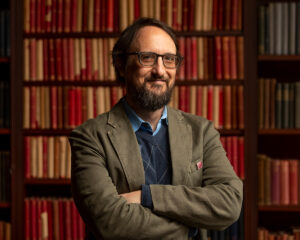
Lucas Rubin
“When we began doing the research for this exhibition, we thought we were simply going to tell the stories of these female professors, their academic achievements, and their legacy. We thought we were merely going to celebrate the 50th anniversary of the Latin/Greek Institute,” Mancia said. “But one of the most surprising and timely things we’ve found in our archival research is how these women time and time again reached for the humanities at times of crisis in Brooklyn College’s history. After World War II, after the NYC budget crises of the 1970s, and after the enrollment crises resulting from the transformations in CUNY’s admissions and tuition policies in the late 1970s, these women saw the humanities as the means for Brooklyn College’s revitalization and survival through hard times.”
“It’s a remarkable testament to and validation of their confidence and conviction that two of the elements central to that vision – the Institute for the Humanities (later named for Ethyle Wolfe) and the Latin/Greek Institute – remain incredibly vital, well-attended, and with national (and, for the LGI, also international) attention and acclaim,” Rubin added.
The exhibit helps highlight the work of the college’s Late-Antique-Medieval-Early-Modern (LAMEM) working group of 23 different faculty members from eight different departments and programs around the School of Humanities and Social Sciences (Art, Classics, English, History, Judaic Studies, Modern Languages and Literatures, Philosophy, and Religion). LAMEM celebrates its 10th year in 2023.
Visitors without a CUNY ID can show government-issued IDs at any of the campus entrances and enter the Brooklyn College Library to visit the exhibit during normal hours. Anyone interested in arranging a special tour of the exhibit for a class or group before the closing in December can contact Lauren Mancia at laurenmancia@brooklyn.cuny.edu.

